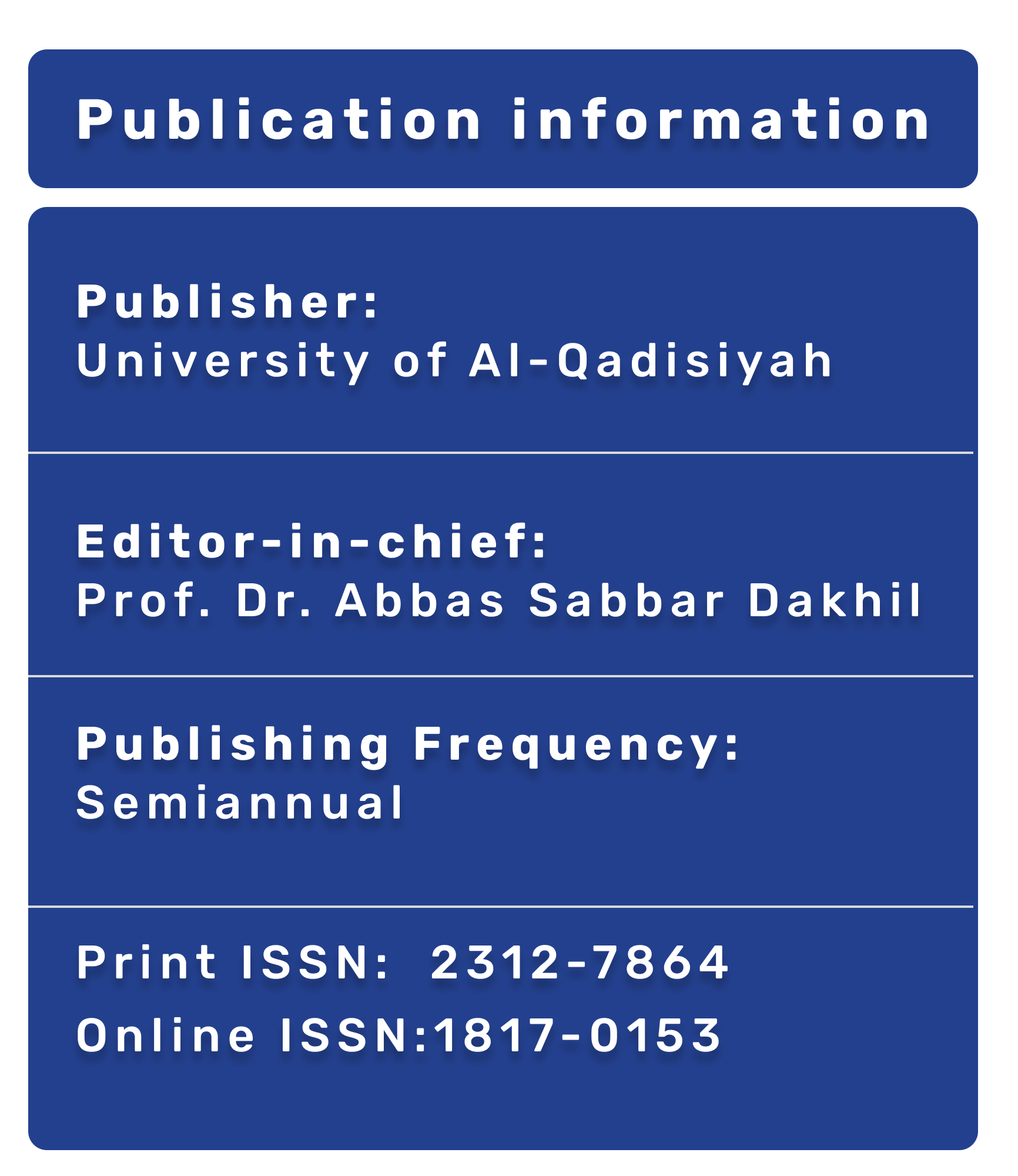The Role of Oral Phenobarbital Therapy in the Management of Neonates with Prolonged Unconjugated Hyperbilirubinemia
DOI:
https://doi.org/10.28922/qmj.2019.15.2.57-66Keywords:
unconjugated hyperbilirubinemia, phenobarbital, prolonged jaundiceAbstract
Background: Prolonged jaundice is a type of neonatal jaundice, which occurs in infants with high bilirubin levels (>10 mg/dl) persisting beyond day 14 of life in term neonates, and beyond day 21 in preterm neonates. Prolonged jaundice may be caused by predominantly conjugated or unconjugated hyperbilirubinemia. Distinguishing between these types of jaundice helps to determine the risk for pathological causes of prolonged jaundice.
Phenobarbital has been used to treat neonatal jaundice since the 1960s. Numerous clinical trials have shown that both administration of phenobarbital to pregnant mothers before delivery and phenobarbital administration to neonates after delivery limit the severity of unconjugated hyperbilirubinemia, reduce the peak serum total bilirubin concentrations caused by physiologic jaundice by 50%, and the need for exchange transfusion.
Objective: The aim of this study was to evaluate the role of phenobarbital in reducing the total serum bilirubin(TSB) in neonates with prolonged unconjugated hyperbilirubinemia.
Methods: This is a prospective clinical trial study that was performed in Karbala teaching hospital for children from 18th of December 2017 to the end of December 2018. A total of 101 neonate with prolonged unconjugated hyperbilirubinemia were included in this study. All neonates who included in this study received phenobarbital tablet (5 mg /kg/day) twice a day for 10 days and some of them need phototherapy according to American Academy Of Pediatrics Guidelines for phototherapy,
Results: There was a highly statistically significant decrease in TSB for the patients who were treated with phenobarbital compared to the baseline level, mean baseline TSB 14.57± 2.31 mg/dl versus TSB after phenobarbital 6.79±1.62 mg/dl (P value <0.001). There was a highly statistically significant decrease in TSB for the patients who were treated with phototherapy in addition to phenobarbital compared to the baseline level, mean baseline TSB 19.94±1.36 mg/dl versus TSB after phototherapy and phenobarbital 6.33±1.37 mg/dl (P value <0.001).
Conclusions:
- Oral phenobarbital supplementation in the neonates with prolonged unconjugated hyperbilirubinemia can significantly accelerate reduction in serum bilirubin levels.
- Phenobarbital was safe, tolerable and no obvious adverse effects had been reported.
- No need for cessation of breast feeding in cases of presumed breast milk jaundice.








